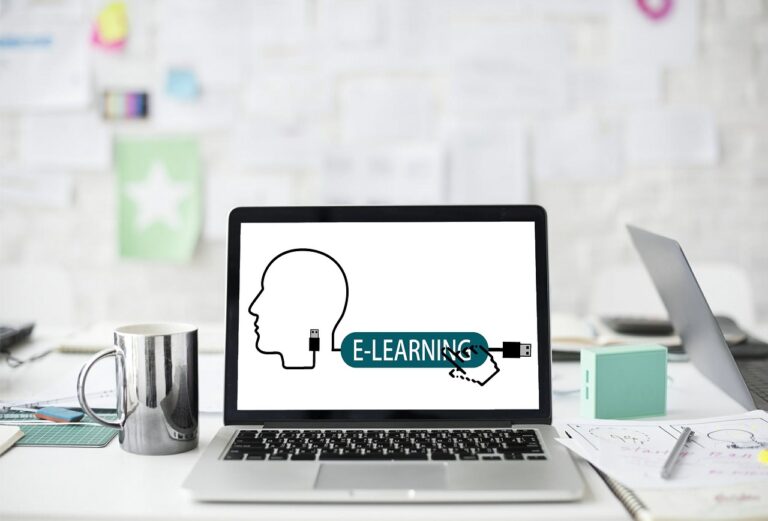The Future of Open Educational Resources (OERs)
One key challenge in the adoption of Open Educational Resources (OERs) is the lack of awareness among educators about the available resources. Many teachers are unaware of the extensive range of high-quality OERs that could potentially enrich their teaching materials and enhance student learning experiences. This lack of awareness often leads to a missed opportunity to leverage free, customizable resources that could make a significant impact in the classroom.
Another significant obstacle to the widespread adoption of OERs is the issue of quality assurance. With the vast array of OERs available online, educators face the challenge of determining the reliability and accuracy of the content they are using. Without proper vetting mechanisms in place, educators may struggle to discern which resources are truly valuable and aligned with their curriculum objectives, leading to concerns about the credibility and effectiveness of OERs in their teaching practices.
Benefits of OERs for Educators
Open Educational Resources (OERs) provide educators with a plethora of educational materials that can be tailored to meet the specific needs of their students. With OERs, educators have the flexibility to modify and customize content, ensuring that it aligns with their teaching objectives and the learning styles of their students.
Furthermore, OERs can help educators stay current with the latest trends and advancements in their field. By utilizing OERs, educators can access up-to-date resources and information, allowing them to enhance the quality of their teaching and provide students with relevant, accurate, and engaging content.
What are some challenges educators may face in adopting OERs?
Some challenges educators may face in adopting OERs include the lack of awareness about OERs, concerns about the quality of OER materials, the time and effort required to find and evaluate OERs, and the need for training on how to effectively integrate OERs into their teaching.
How can educators benefit from using OERs?
Educators can benefit from using OERs in various ways, including saving money on expensive textbooks, gaining access to a wide range of high-quality teaching materials, customizing and adapting resources to suit their students’ needs, collaborating with other educators to share resources and ideas, and staying current with the latest developments in their field.
Are there any research studies that support the benefits of OERs for educators?
Yes, there is a growing body of research that shows the benefits of OERs for educators, including increased student engagement, improved learning outcomes, cost savings for students, and increased collaboration among educators. Researchers have also found that educators who use OERs report greater satisfaction with their teaching and feel more empowered to try new teaching strategies.
How can educators overcome the challenges of adopting OERs?
Educators can overcome the challenges of adopting OERs by seeking out professional development opportunities on OERs, connecting with other educators who are using OERs, collaborating with librarians and instructional designers to find and evaluate OER materials, and advocating for institutional support for OER adoption. By taking these steps, educators can successfully integrate OERs into their teaching practice and reap the many benefits that OERs have to offer.





